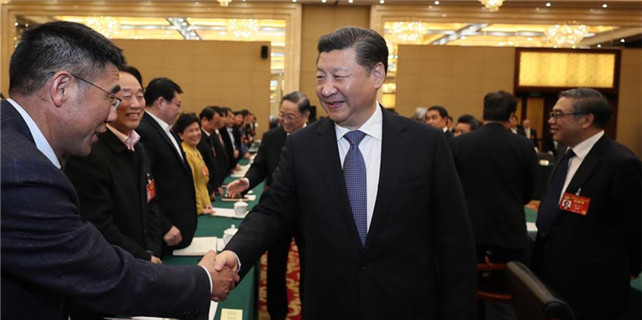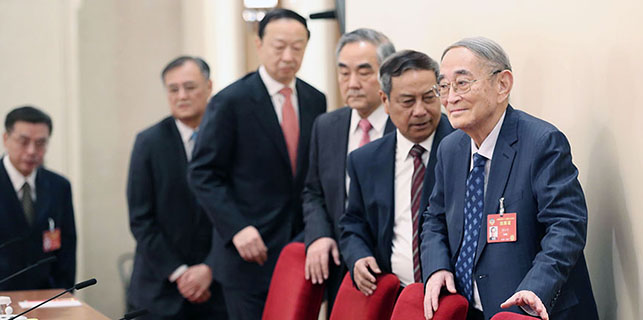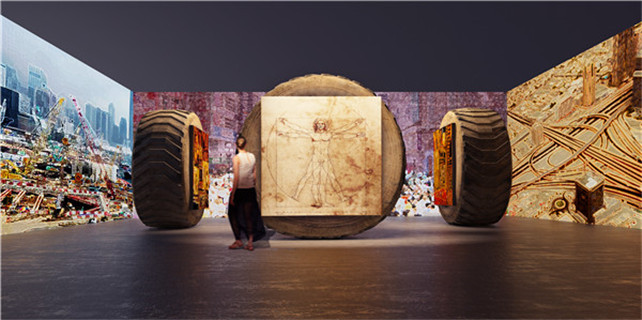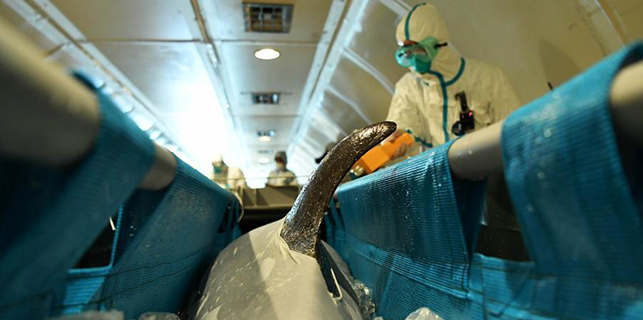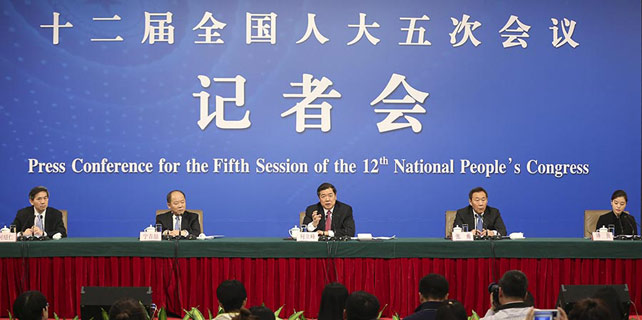Turbocharging entrepreneurs
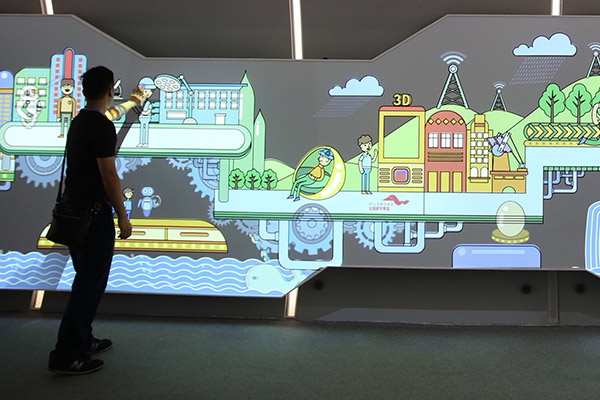 |
|
A man passes by the 8K laser ink cartoon wall displayed at Shenzhen, which led the national campaign to promote innovation and entrepreneurship last year. [Photo/Xinhua] |
Shenzhen's 'maker spaces' share expertise in promoting startups with other cities across the country
Shenzhen, once dubbed "the world's factory", is exporting its model of innovation and entrepreneurship to other cities in China in a bid to stimulate local economies.
The move comes as the entrepreneurship rates in some areas of China seem to be in decline, according to Kevin Au, associate professor at the Chinese University of Hong Kong. Shenzhen, however, has seen steady growth.
Roughly 16 percent of Shenzhen's population were engaged in early-stage entrepreneurial activities in 2016. The national average is 10 percent, according to a report by the university.
Au noted Shenzhen had developed a separate startup culture and nurtures an entrepreneurial ecosystem that operates independently from the rest of the mainland.
"Maker space", a local phrase that indicates an incubator or a startup accelerator, is a significant part of such an ecosystem. It is a community center providing facilities and training for members to design, bring to prototype and create items. It is a starting point for many startups.
So far, the southern city has more than 80 maker spaces and Chaihuo Maker Space is the very first maker. Since 2010, it has attracted 5,540 members, including China's Premier Li Keqiang, but about 70 percent of its members are from other cities in China and even from all over the world.
The space is sharing its experience all over the country. It has assisted in the establishment of more than 30 maker spaces in 15 cities, from the northern city of Shenyang in Liaoning province to the western city of Chengdu in Sichuan province.
Liao Wei, the space's general manager, said: "In six years, we have formed a comprehensive operating model, including hardware production, company management, marketing and incubating."
He said: "The model can be transplanted to other places to create a national network of maker spaces. Then, we can better share each other's resources."
Elementary schools have been given maker lessons designed by Chaihuo Maker Space and in December, it held Maker Faire-a worldwide party to advocate maker culture-in Chengdu. The event attracted more than 100 teams, roughly 40 of which are from foreign countries.
Shenzhen's maker economy may also influence people in rural areas.
David Li, founder of the Shenzhen Open Innovation Lab, told China Daily it will open pilot maker spaces at villages in Guangdong and Anhui provinces this year, inspired by The Lab, a maker space authorized by the Fabrication Laboratory (Fab Lab), created by a professor at the Massachusetts Institute of Technology.
Li said the advantage of The Lab's maker space is a platform of more than 1,000 worldwide Fab Labs, sharing their project, resources and demands. He said many of these projects are related to the agricultural industry and have strong links to China's agricultural market.
He said: "Some technologies can increase their production efficiency and some can be designed as an experience program."







